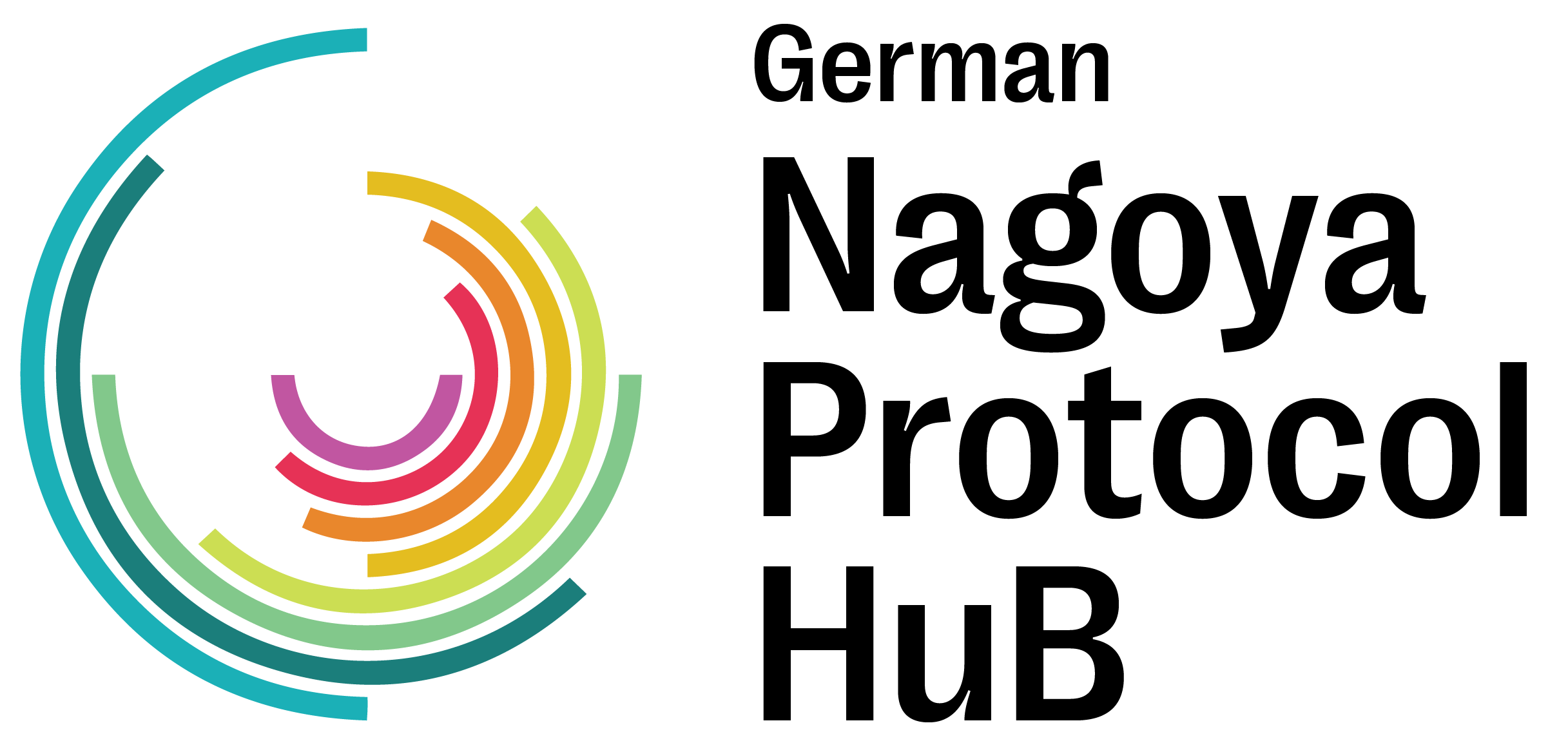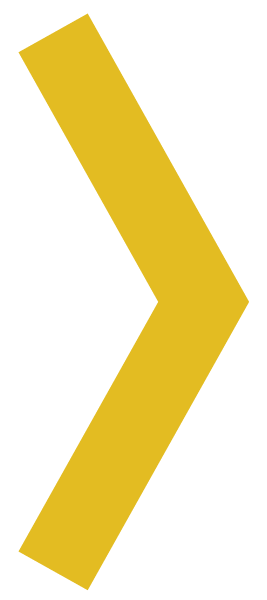User checks are conducted to ensure that research in Germany is compliant with Regulation (EU) No 511/2014.

Podcast: User checks in Germany
Check out our podcast where Elizabeth Karger of the German Nagoya Protocol HuB speaks to the head of the Nagoya Unit at the German Federal Agency for Nature Conservation (Bundesamt für Naturschutz, BfN) about these checks, their purpose, the process and some of the lessons learned.
Who is responsible for checking compliance?
Compliance checks under Regulation (EU) No 511/2014 are always organized at the national level. The competent authority in Germany is BfN.
![]()
A number of provider countries monitor researchers and companies around the world to detect illegal use of their biological material. They scan patent databases or journal publications for evidence of research. Some countries also have control checks at their borders to ensure that material is not exported illegally. In cases of non-compliance, they may take action according to their own national laws.
Why am I being checked?
There are two different reasons why a researcher or an institution may be subject to a user check by the BfN.
- Regular user checks are conducted according to the BfN’s risk-based control plan, which is periodically reviewed and adapted. In accordance with this plan, user checks in the academic sector started in Germany in September 2020.
- User checks are also conducted if there are substantiated concerns that an infringement of Regulation (EU) No 511/2014 law has occurred.
![]()
Regular user checks might lead to substantiated concerns of non-compliance at other institutions, for example, if non-compliance at collaborating institutions is detected.
How are users in the academic sector selected?
For the BfN’s first risk-based control plan, twenty institutions from the academic sector were randomly chosen. The BfN then attempted to determine whether researchers at these institutions are likely to be “users” within the meaning of the EU law and to determine the risk of non-compliance for each institution. To do so, BfN checked a number of sources, including institutional websites, press releases, publications of research results and patent databases etc. On this basis, ten institutions were selected for the user checks.
If you are interested in gaining more insight into user checks, you can find more information about user checks in Germany and how they evolved in the reports of the first and second Meetings of the European Competent National Authorities Implementing the Nagoya Protocol and the Corresponding EU Regulation, published by the BfN in 2017 and 2018.
What happens during a user check?
You are obliged by the EU and German law to support a user check. For more information about your obligations under the EU law, see here.
![]()
The more transparent you are and the better your ABS documentation system is, the quicker a compliance check can be finalized.
A user check is a process that can take a number of months, with correspondence going back and forth between the BfN and the relevant institution or researcher.
What can I expect to happen?
1.
Your institution receives a letter explaining that it is being checked. This letter explains the purpose of the check, the legal basis for it as well as providing a form to fill out with a number of questions.
The questions relate to different topics:
- the levels of awareness about Regulation (EU) No 511/2014 and compliance obligations
- the preparedness of the researchers to fulfill their due diligence obligations
- activities at the institution that might be in scope of the EU law. These questions relate to the samples used at the institution, the type of research conducted and the ABS information that has been obtained with respect to these samples
- information can also be provided about what steps the institution has taken towards compliance management, e.g. designation of a responsible person, internal policies and procedures etc.
2.
Once you have filled in the survey and returned it, it may be that BfN will have more specific questions in order to clarify information, confirm joint understandings or possibly challenge information provided. Further information may be necessary, for example, about specific research projects and the samples used. This information is usually provided in writing and you may be required to provide copies of documents.
3.
Depending on the information provided the BfN may have further questions, conduct an on-site inspection or conclude the user check.
![]()
Do you have enough time to organize the response to the BfN? If not, you might consider requesting an extension. Don’t forget to let them know why you need more time!
The BfN must comply with data protection laws and business and operational secrets must be treated confidentially.
What happens during an on-site check?
During a following on-the-spot check (visit in person), authorised persons from the BfN can:
- enter and inspect property, commercial and business premises during operating and business hours
- inspect documents and make copies of them
- carry out examinations, including taking samples of material
Other useful resources
BfN: The BfN page on legal questions covers a range of topics including questions about user checks.


